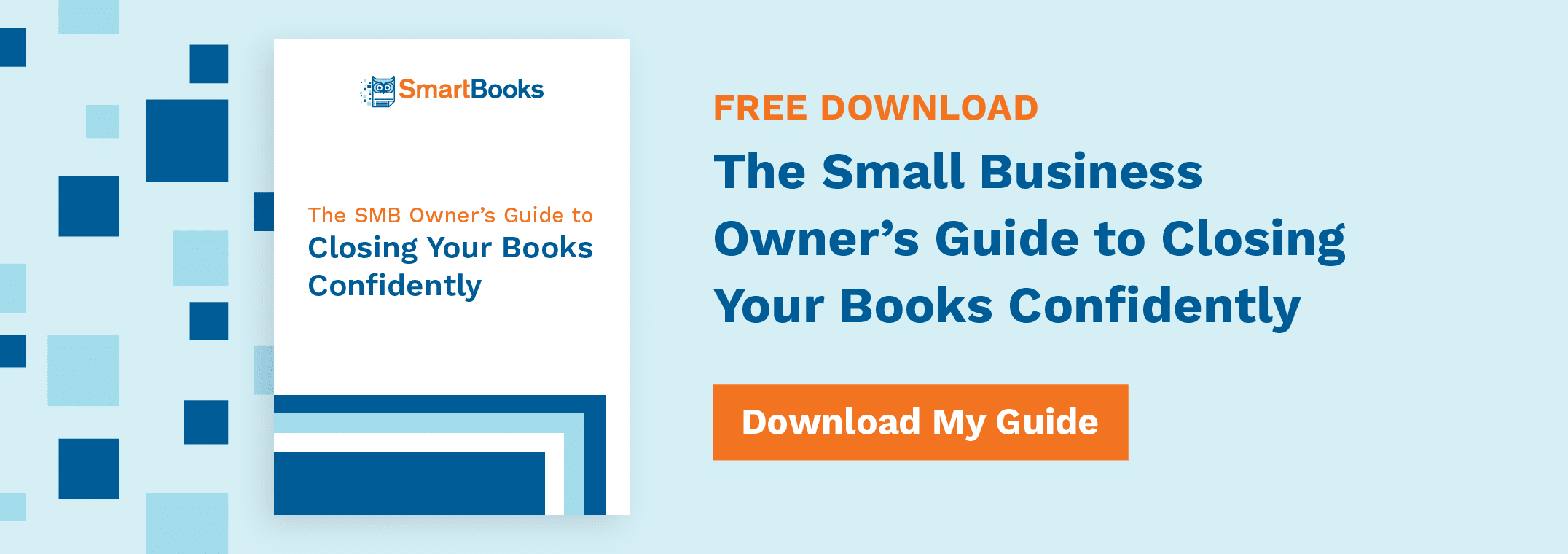Bookkeeping Service Fees: Should You Pay $250 Per Month?

Remote bookkeeping is in the midst of a boom.
In a bad way.
It seems like new providers pop up every week. They have rock-bottom bookkeeping service fees and make efficiency claims that should give business owners pause.
Professional Bookkeeping on a Budget
Take the “budget bookkeeping” trend. Providers advertise bookkeeping service fees around $250 per month or even less. Some even offer free bookkeeping to new customers.
That is tempting! But in terms of risk analysis, this is a big, red flag.
What kind of business can afford to give away its services for free? They get away with it because many small business owners don’t know what to look for in service providers. Do they know their stuff, or are they offering nothing more than data entry?
In short, it’s a race to the bottom, and it’s the small business owners who end up losing.
What Do You Get With Low-Cost Bookkeeping Service Fees?
This is not to say budget bookkeeping is always a bad idea. Let’s review what service low-cost bookkeepers typically provide:
- Post transactions to revenue and expense accounts
- Reconcile bank and credit card accounts
- Provide basic financial statements
These are all fairly basic functions for a bookkeeping service. However, most of these discount providers don’t offer much in the way of flexibility. There are plenty of tasks they won’t be able to handle, including:
- Billing your customers, or making collections calls
- Creating budgets, forecasts, or custom reports
- Managing payroll/benefits/HR
- Performing accrual accounting for revenue or expense recognition
- Posting/paying bills
- Providing strategic guidance and recommendations
- Tax liability planning and management
- Verifying the accuracy of the financial reports they give you
The drawbacks of going with budget bookkeepers should be obvious. That $250 per month may not stretch as far as you initially thought!
So, Are Budget Providers Off the Table?
Budget bookkeeping services aren’t always a bad idea. There are a few situations where small business owners may be able to get by with a $250 per month provider:
- You only want someone to do monthly bank/credit reconciliations so you don’t have to do them
- You don’t anticipate growth or need to upgrade to more sophisticated bookkeeping and accounting support anytime soon
- You only need general financial reports to run your business
- Good accounting just isn’t that important to your business yet
- Your processes are in good shape and you don’t need guidance from a service provider
Put some thought into this and look beyond the price tag. How much work will these services really save? What work will you still have to do? Can you verify the reports are accurate?
We have seen many businesses try the budget strategy. After they do, they often look for a more experienced provider after their books have been scrambled. Or because they didn’t get the level of service they needed. Take a step back before making any decisions.
Consider what exactly you’re looking for in a provider. Compare what options they offer against the benefits you’re hoping to get. From there, you will know if a budget option is for you—or if you would be better off investing in a quality partnership.
If you’re interested in more advice on bookkeeping processes, download our free guide below.
